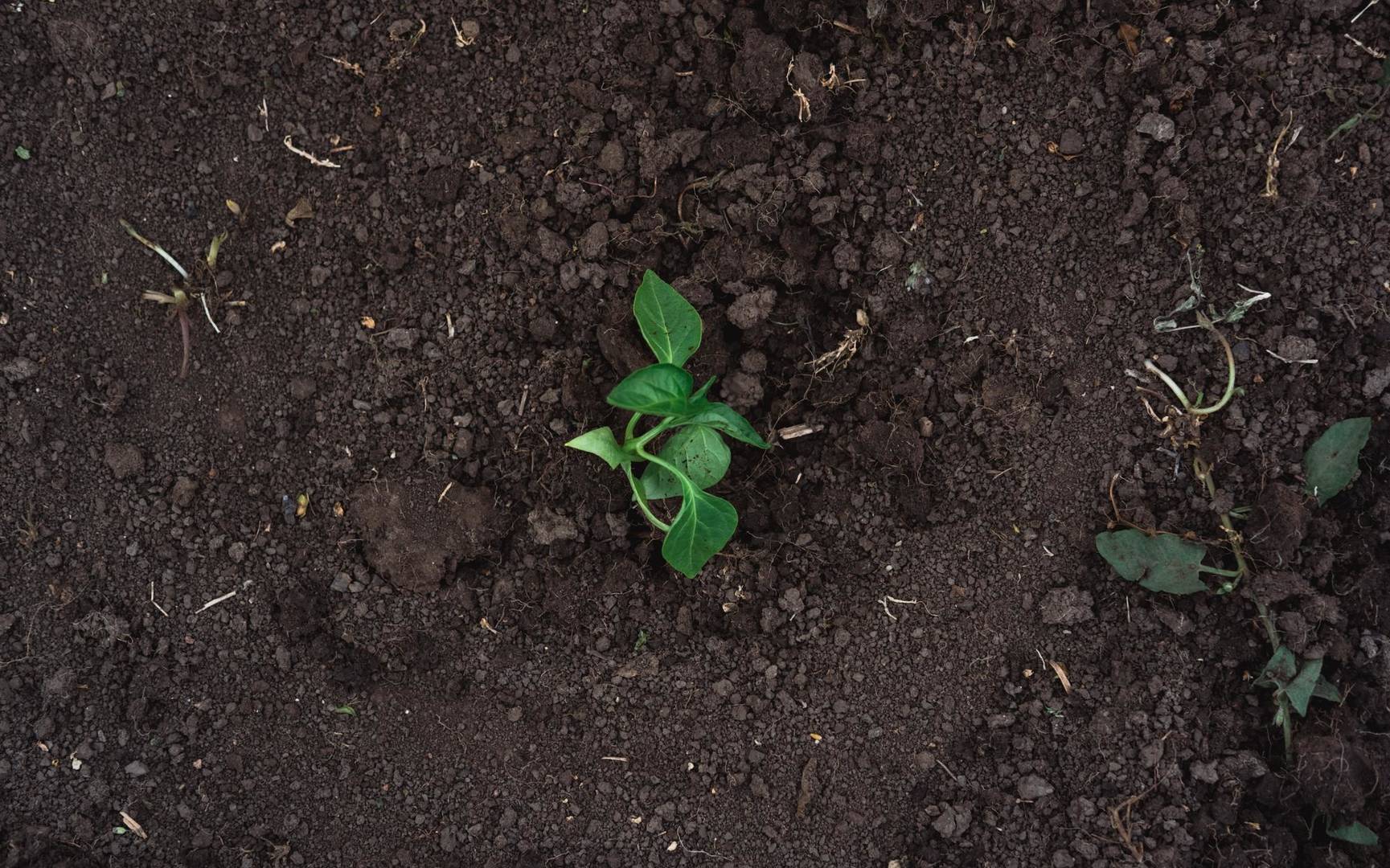Everyone wants a beautiful and healthy garden, especially when using it to feed the family. Having the best harvest with the most items in the garden you use the most for those favorite dishes is essential. You may wonder how to get the best out of the soil you use for your garden. Tri-C Organics is the way to go, a leading humate fertilizer supplier.
There are many different ways to improve garden soil fertility. Below are the top ten ways we recommend improving the soil’s fertility so your garden will stay fit with everything you plant in it. By taking some time to amend and improve the quality of your garden soil, you will be sure to have a bountiful harvest of healthy plants.
1. Improve Garden Soil Fertility with Compost
Compost is organic matter that has been decomposed and recycled as a fertilizer and soil amendment. Compost adds essential nutrients to the soil, including nitrogen, phosphorus, and potassium, which are vital for plant growth. It also improves soil structure, drainage, and aeration. To make your compost, combine equal parts of green (nitrogen-rich) and brown (carbon-rich) materials, such as leaves and grass clippings, in a bin or pile. The material will break down over time into a rich, earthy-smelling compost that you can use to improve the fertility of your garden soil.
2. Use Manure to Improve Garden Soil Fertility
Manure is another excellent way to improve garden soil fertility. Manure adds nutrients and organic matter to the soil, improving its structure, drainage, and aeration. It also helps retain moisture in the soil. If you use manure from herbivores, such as cows or goats, age it for at least six months before using it in your garden, as fresh manure can contain harmful bacteria that can contaminate your food crops.
3. Grow Cover Crops to Improve Garden Soil Fertility
Cover crops are plants grown specifically to improve the health of the soil. They help increase organic matter and improve soil structure. Common cover crops include clover, alfalfa, and winter wheat. After you’ve harvested your main crop, sow the covered crop seeds in the garden bed and let them grow. When the plants are mature, mow them down and turn them into the soil to improve their fertility.
4. Use Mulch to Improve Garden Soil Fertility
Mulch is any material spread over the surface of the soil to protect it from erosion, evaporation, and extreme temperatures. Mulch also helps improve soil fertility by adding organic matter and retaining moisture in the soil. Spread a layer of mulch around your plants (but not directly against their stems) and replenish as needed. Common mulch includes straw, grass clippings, leaves, and bark chips.
5. Using a Soil Test Kit to Improve Garden Soil Fertility
A soil test kit is an easy and inexpensive way to determine the nutrient levels in your garden soil. This information can help you decide which amendments need to be added to improve fertility. Most garden centers and nurseries sell soil test kits. Follow the instructions on the package to collect a sample of your garden soil and then send it off to be analyzed. The results will tell you your soil’s pH level and nutrient content so you can make the necessary adjustments.
6. Amend Acidic Soils with Lime
Lime is a common amendment used to raise the pH level of acidic soils (soils with a pH below 7.0). This is important because most plants prefer neutral to slightly alkaline soil (pH 7.0-7.5). Adding lime to the soil can also improve its fertility by making nutrients more available to plants. If your soil test results indicate that it is too acidic, spread lime over the surface of the garden bed and work it into the top 6 inches of soil.
7. Amend Alkaline Soils with Sulfur
Sulfur is an amendment used to lower the pH level of alkaline soils (soils with a pH above 7.5). This is important because some plants, such as blueberries and rhododendrons, prefer slightly acidic soil (pH 6.0-6.5). Adding sulfur to the soil can also improve its fertility by making nutrients more available to plants. If your soil test results indicate that it is too alkaline, spread sulfur over the surface of the garden bed and work it into the top six inches of soil.
8. Add Phosphorus to the Soil to Improve Fertility
Phosphorus is an essential nutrient for plant growth and is often lacking in garden soils. Adding phosphorus to the soil can improve fertility and help plants grow strong roots, produce more flowers, and produce more fruit. Two common ways to add phosphorus to the soil are bone meal and rock phosphate. Bone meal is made from powdered animal bones and is fast-acting but short-lived. Rock phosphate is a slow-release fertilizer that lasts for several years.
9. Add Potassium to the Soil to Improve Fertility
Potassium is an essential nutrient for plant growth and is often lacking in garden soils. Adding potassium to the soil can improve fertility and help plants grow strong stems, produce more flowers, and resist disease. Two common ways to add potassium to the soil are wood ashes and greensand. Wood ashes are high in potassium but contain other nutrients that can benefit plants. Greensand is a type of sand mined from ancient sea beds and rich in potassium, magnesium, and iron.
10. Use Worms and Let Them Do the Tilling
Worms help improve garden soil fertility in two ways. First, their burrowing activities help aerate the soil and improve drainage. Second, as they eat through the soil, they leave behind their castings (manure), which are rich in nutrients and beneficial bacteria. If you want to add worms to your garden, you can purchase them from a bait shop or online. Be sure to get the red wigglers, which are the best at improving soil fertility. Once you have your worms, dig them into the top 6 inches of soil and let them do their work.
